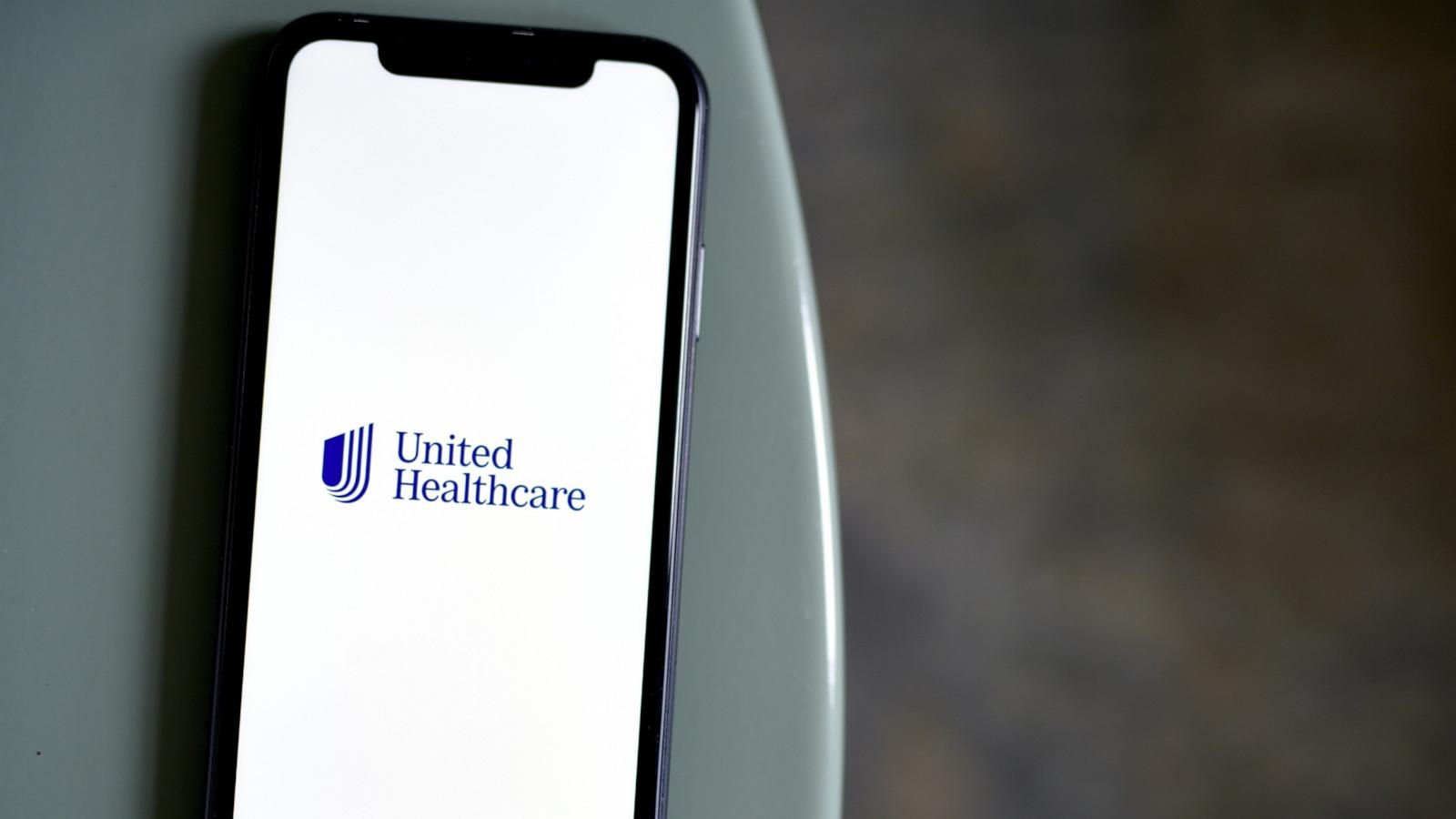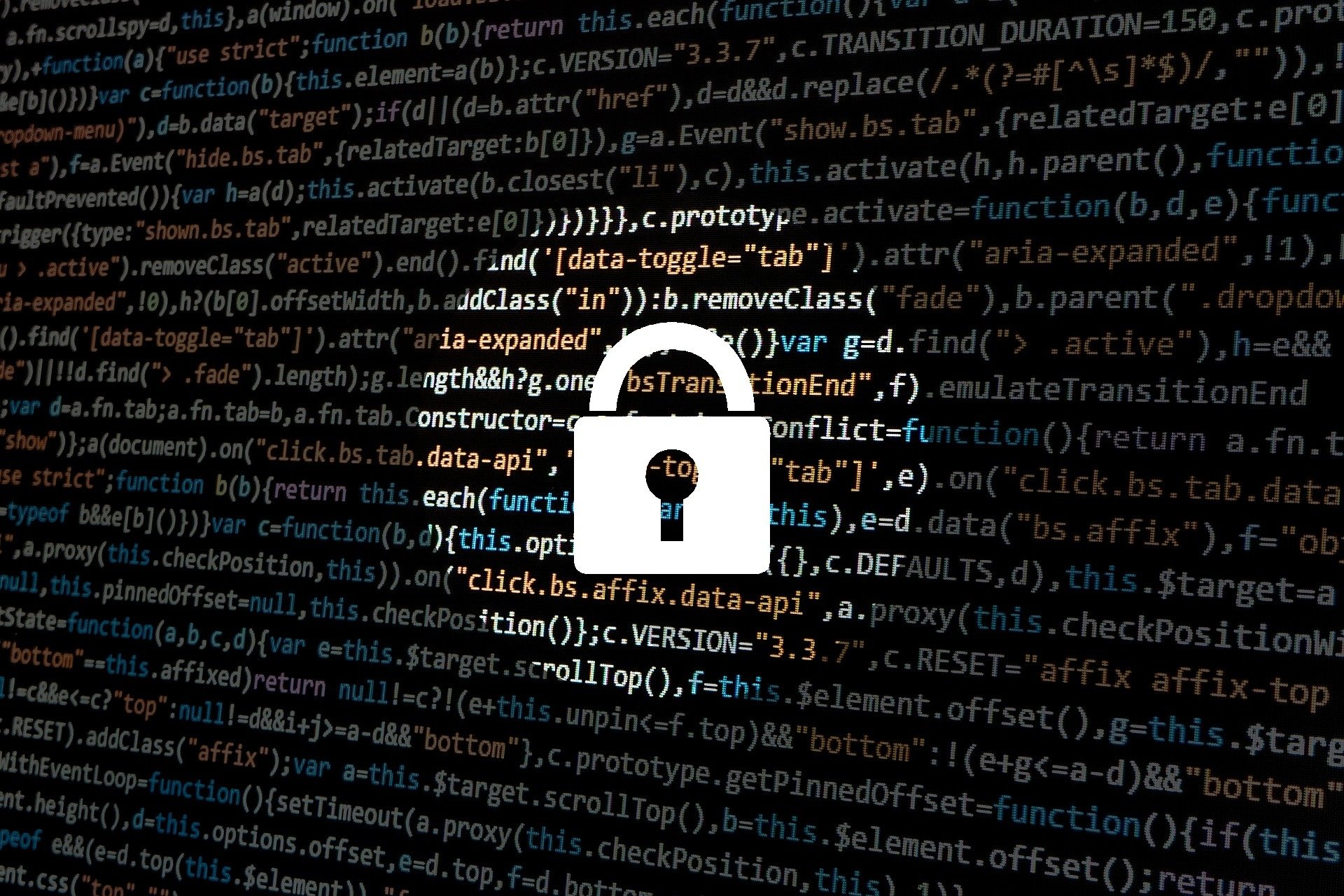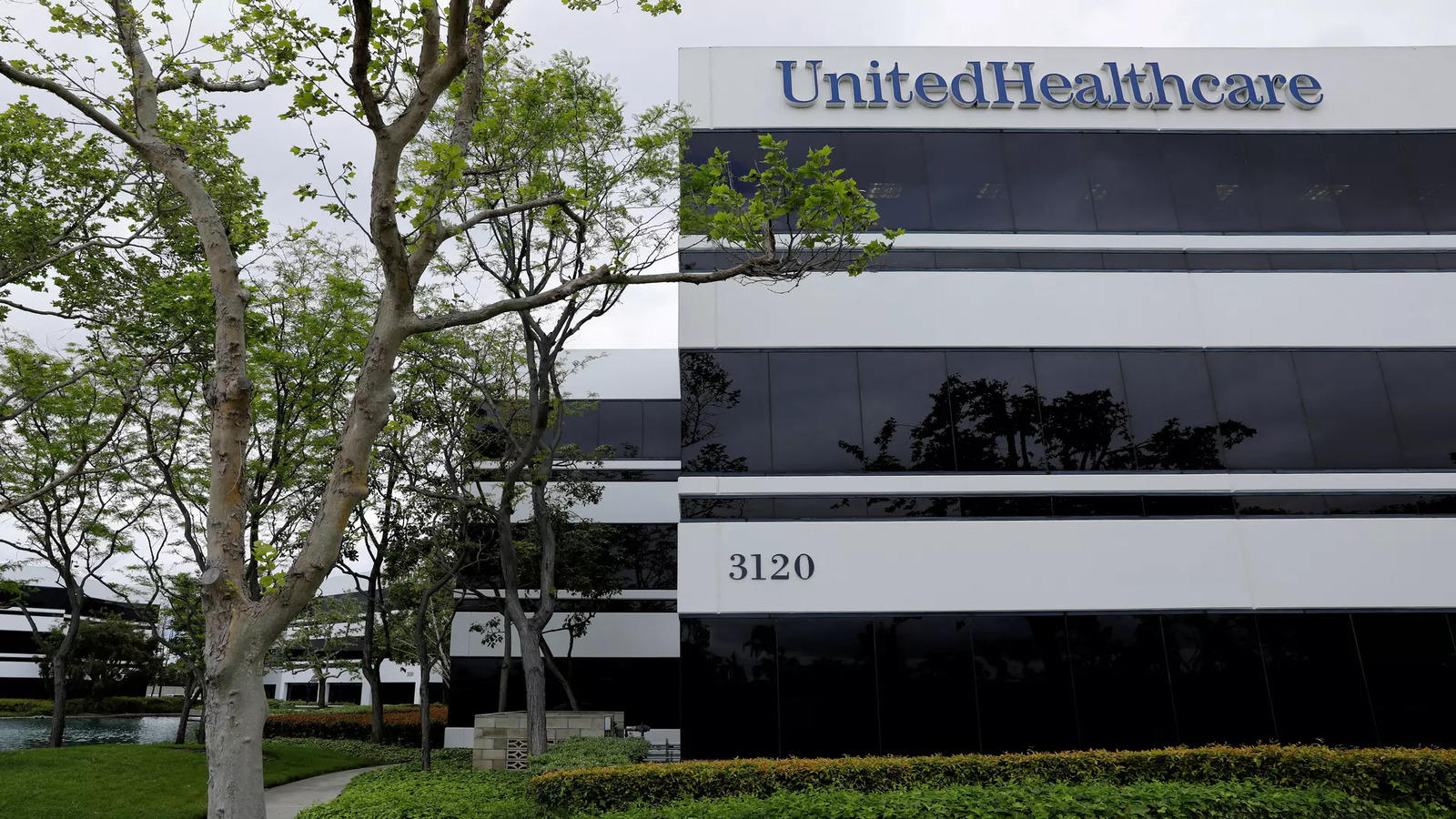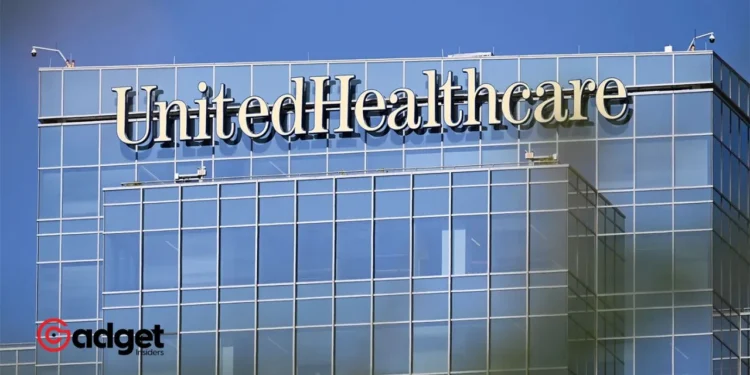In recent weeks, the healthcare industry has been closely monitoring the fallout and recovery efforts from a significant cyberattack that targeted UnitedHealth Group Inc., one of the leading healthcare and insurance providers in the United States. The cyberattack, which disrupted operations at the company’s headquarters in Minnetonka, Minnesota, had widespread implications for medical and pharmacy claims processing, highlighting vulnerabilities in the healthcare system’s infrastructure.
This article delves into UnitedHealth’s robust response to the cyberattack and the broader implications for cybersecurity in the healthcare sector.

The Initial Impact of the Cyberattack
In what was described as one of the most consequential cyber incidents in recent history, UnitedHealth found itself at the mercy of the ransomware group ALPHV, also known as Blackcat. The attackers gained unauthorized access to critical IT systems of Change Healthcare, a key technology provider for UnitedHealth.
This breach severely affected the company’s ability to process insurance claims, manage pharmacy claims, and execute payments, causing disruptions in medical treatment and billing across the board.

UnitedHealth’s Response and Recovery Efforts
Despite the initial setbacks, UnitedHealth has demonstrated resilience and agility in its recovery efforts. The company recently announced that it is in the final stages of testing the last major system necessary to fully restore operations.
This system, crucial for submitting medical claims, is undergoing rigorous testing to ensure reliability and security. UnitedHealth’s proactive approach has already seen significant progress, with the restoration of nearly all systems involved in processing prescriptions and the electronic payments platform that facilitates billing and payments between care providers and insurers.
The healthcare company’s commitment to supporting the healthcare ecosystem in the wake of the cyberattack extends beyond its internal recovery efforts. The company has pledged to expand temporary funding to assist doctors and other care providers affected by the disruption.
This move, coupled with the federal government’s offer of temporary advance payments for Medicare claims, underscores a collaborative effort to stabilize the healthcare system and ensure continuity of care.
The UnitedHealth Group — one of the nation’s largest health care providers — said it is making progress in its recovery from one of the worst cyberattacks on a health care system in U.S. history, its CEO said earlier this week.https://t.co/1umtj0N4Y1
— ABC News (@ABC) March 20, 2024
The Significance of Cybersecurity in Healthcare
The cyberattack on UnitedHealth and Change Healthcare serves as a stark reminder of the critical importance of cybersecurity in the healthcare sector. With the American Hospital Association labeling the incident “the most significant and consequential” of its kind against the U.S. healthcare system, the urgency for robust security measures has never been more apparent.
The attack not only disrupted operational capacities but also raised concerns about the exposure of protected health information, prompting investigations by federal civil rights investigators. As healthcare organizations increasingly rely on digital technology to manage patient data, process claims, and facilitate payments, the need for comprehensive cybersecurity strategies becomes paramount.
The UnitedHealth incident highlights the potential ramifications of cyber vulnerabilities, not just for the entities directly involved but for the entire healthcare ecosystem, including patients, providers, and insurers.

Looking Ahead: Strengthening the Fort
The road to recovery for UnitedHealth is emblematic of the resilience that the healthcare sector must embody in the face of cyber threats. As the company nears the completion of its recovery efforts, the focus shifts to learning from the incident and bolstering defenses against future attacks.
The collaborative response from the healthcare community and government agencies in the aftermath of the UnitedHealth cyberattack illustrates a collective commitment to safeguarding patient care and data integrity.
The journey towards a more secure healthcare system is ongoing, with challenges and threats evolving alongside technological advancements. However, the response to the UnitedHealth cyberattack serves as a testament to the sector’s ability to adapt, recover, and fortify its defenses against the cyber threats of tomorrow.










